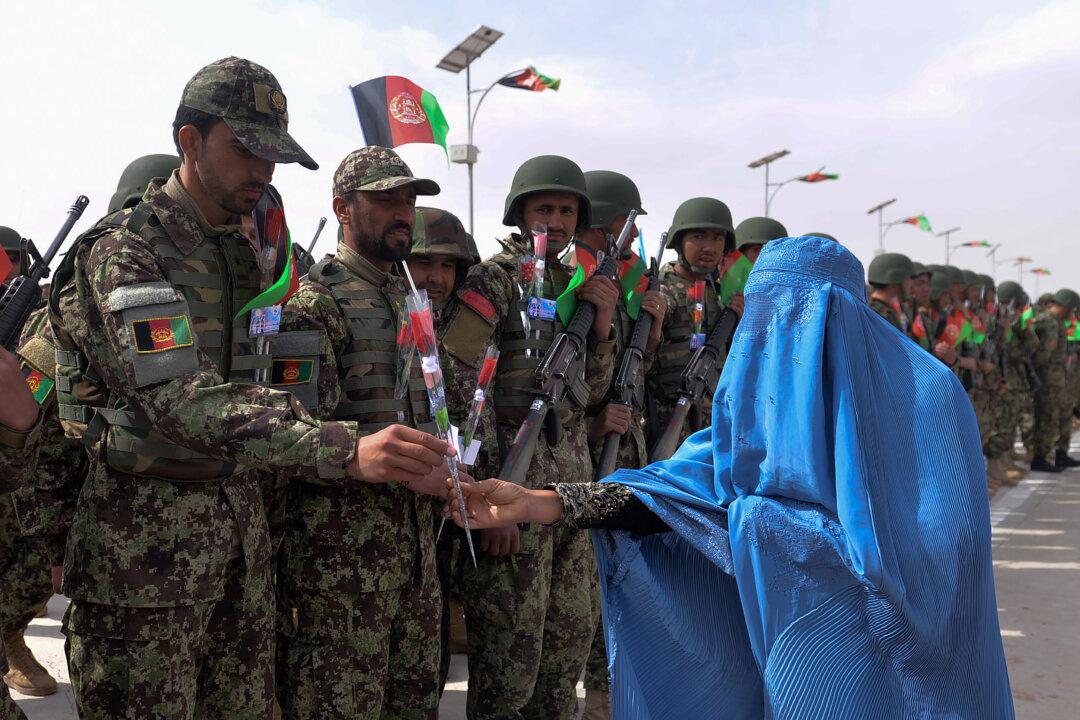NEW DELHI—Ahead of the May 1 troop withdrawal from Afghanistan, the country’s ambassador to India told The Epoch Times in an exclusive interview that the withdrawal of troops shouldn’t be time-bound, as the Afghans are fighting international terrorism, not a civil war.
“The May 1 deadline needs to be revisited, needs to be considered thoroughly, and any decision on the withdrawal of international forces needs to be based on ground realities and fights,” Ambassador Farid Mamundzay, who formerly served as a senior political adviser to the Afghan National Security Council.





